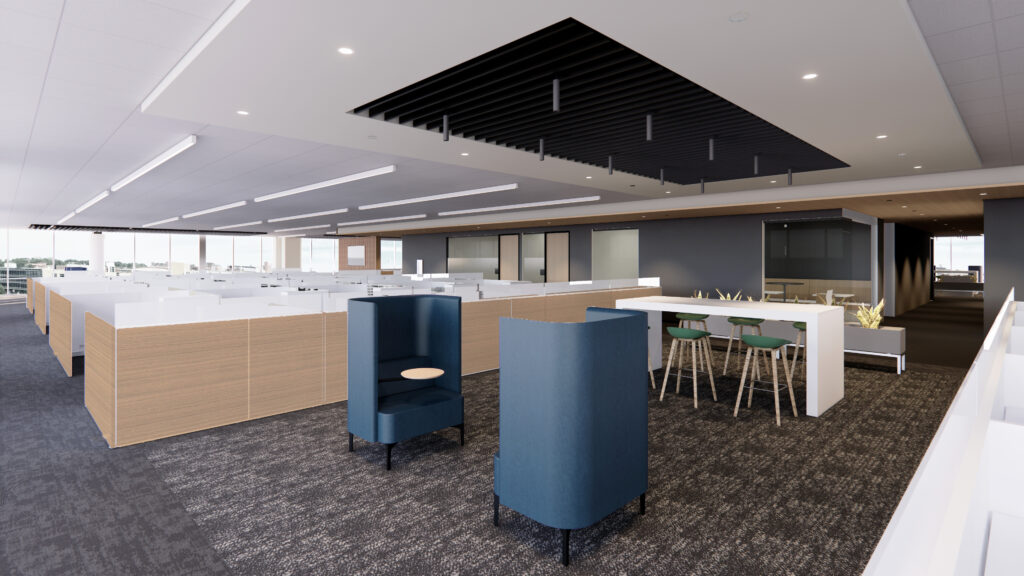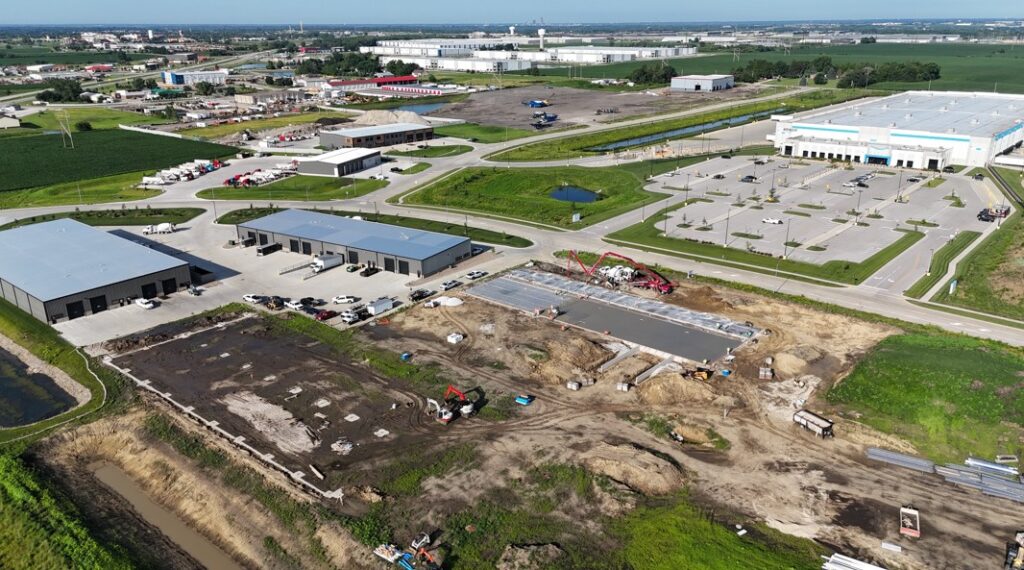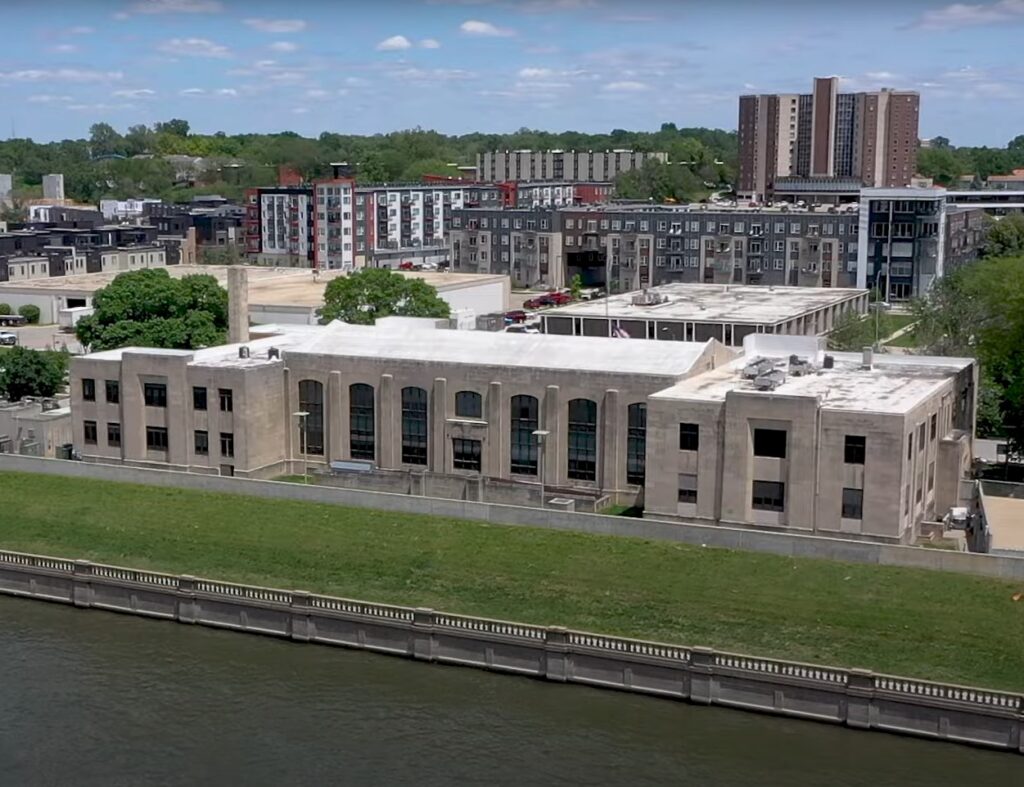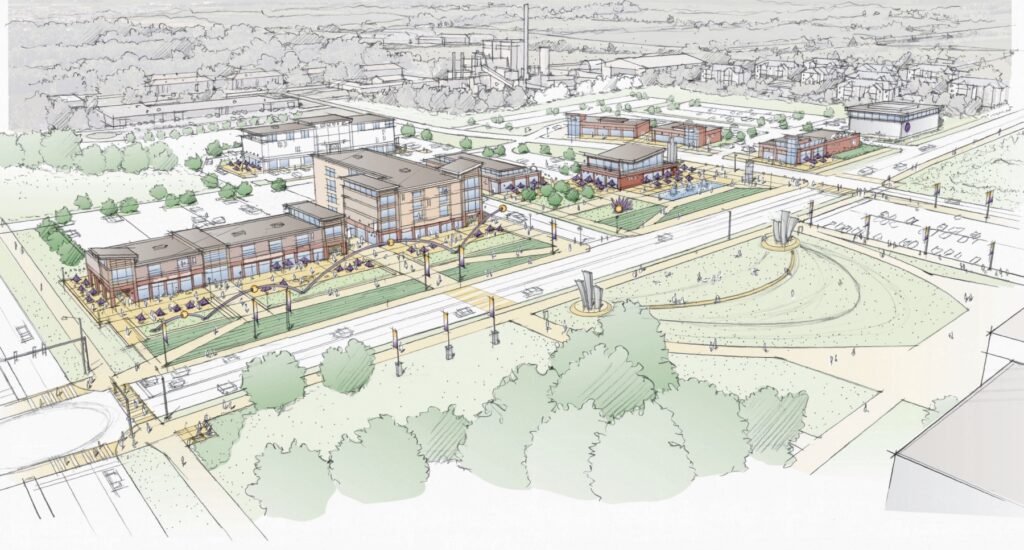NOTEBOOK: Housing study gets an icy response from some on D.M. council

KENT DARR Mar 6, 2018 | 4:35 pm
3 min read time
752 wordsReal Estate and Development, The Insider NotebookThe ask was relatively small, as these things go, up to $48,000, and the cause seemed reasonable: Nikki Syverson, director of Capital Crossroads, was seeking the money to round out the funding for an effort to gather some hard data on the need for workforce housing in downtown Des Moines. The study eventually could have benefits for Greater Des Moines.
The words workforce housing can be confusing enough and they are open to a range of interpretations. In this case, Syverson was talking about housing that eats up no more than 30 percent of income. She made her case during a recent Des Moines City Council workshop.
There’s a shortage of workforce housing, primarily rental units, right now downtown, though there is a surplus of apartments. Vacancy rates are kicking up, and more units are scheduled to be added to the downtown market this year and next.
You would think owners would be trembling, but apparently not. If you own the apartments, you would like them filled. On the other hand, a shortage of available downtown apartments forces folks — say, new hires at major Des Moines employers — to look to the suburbs. But we digress.
Capital Crossroads, the regional visioning document that is in its second iteration, has among its many goals the desire to create and preserve a vital downtown. It’s the core of the region. Most people would argue that process is underway and, since the Great Recession, it has led developers to build or rehab what is now a glut of apartments with rents that are not affordable to some workers.
Syverson provided a look at what has happened. In 2002, 68 percent of downtown apartments were considered affordable, 32 percent were market-rate. Of the new apartments that have come on the market since that time, 10 percent are affordable, 90 percent are market-rate, creating a situation where 35 percent of all apartments are affordable and 65 percent are market-rate.
The study to determine the need for housing at more diverse price points and the range of workers who might occupy them would be conducted by the Virginia Center for Housing Research at Virginia Tech and czb LLC, a company that is helping city officials through planning to revitalize the city’s neighborhoods.
Data collection would cost about $86,000. Polk County Housing Trust Fund would pay $20,000, Capital Crossroads, $5,000, and the Greater Des Moines Partnership, $5,000. Local developers might chip in $5,000 to $12,500. Capital Crossroads would like city staff to participate in collecting data and receive some training on how to analyze the numbers. The $48,000 would be a big help in filling the funding gap.
Most members of the City Council saw the need for the data, but many wondered why the focus on downtown. More importantly, Council member Chris Coleman said, was the fact that the private sector seems to expect taxpayers to pay the bills for its many desires for special projects and amenities that would help them attract workers.
The private sector should pay a wage that would allow their workers to afford a wider range of apartment rents, he said. He noted that the city provides plenty of housing subsidy in the form of tax abatements, for example.
He didn’t stand alone. Council members Joe Gatto and Linda Westergaard said the impression in the neighborhoods is that their needs are being ignored while downtown gets all the attention.
“We’re already hearing an outcry that we’re focusing on downtown. When are we going to focus directly on the neighborhoods? … I understand that it’s needed, but we need a buy-in from some of the businesses,” Gatto said.
That buy-in could come in the four-to-six-week strategy phase that would follow data collection, Syverson said. The costs are estimated at $50,000 and could include $25,000 in funding from Prairie Meadows, she said.
City Manager Scott Sanders has expressed frustration in the past about the business community asking the city to help pay for what he considers amenities that businesses want to promote when they recruit new workers.
Still, the housing study is necessary and a defensive move on the city’s part, he said.
If the city does not have a plan, developers will take their multifamily projects to the inner ring of neighborhoods surrounding downtown.
The effort also would result in training for Polk County Housing Trust Fund and city staff and has implications for all of Greater Des Moines.
“This plan will lay the groundwork for a regional affordable housing effort,” Syverson said.










